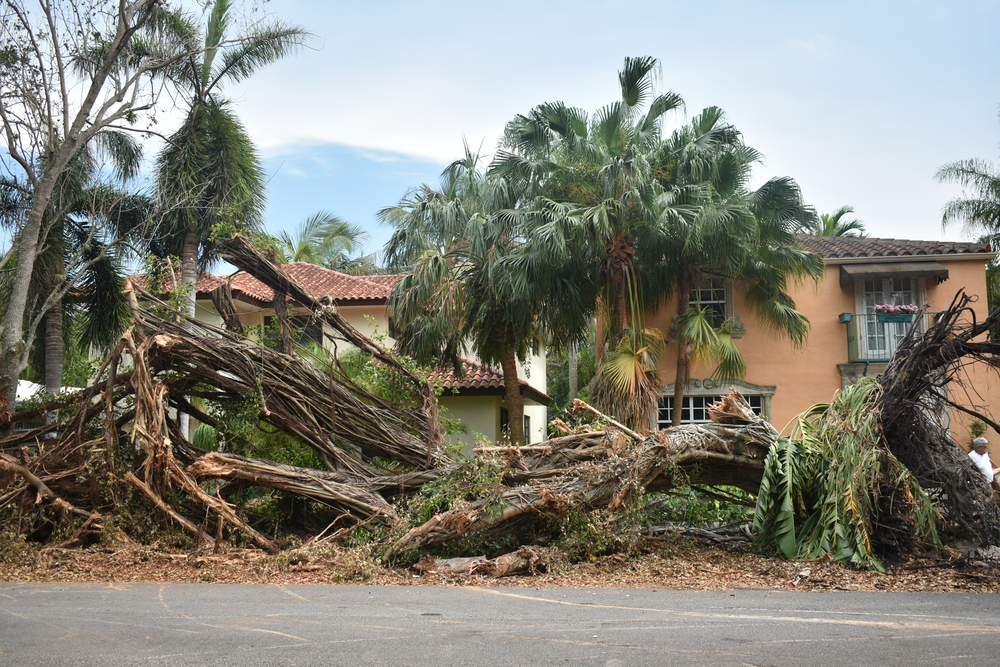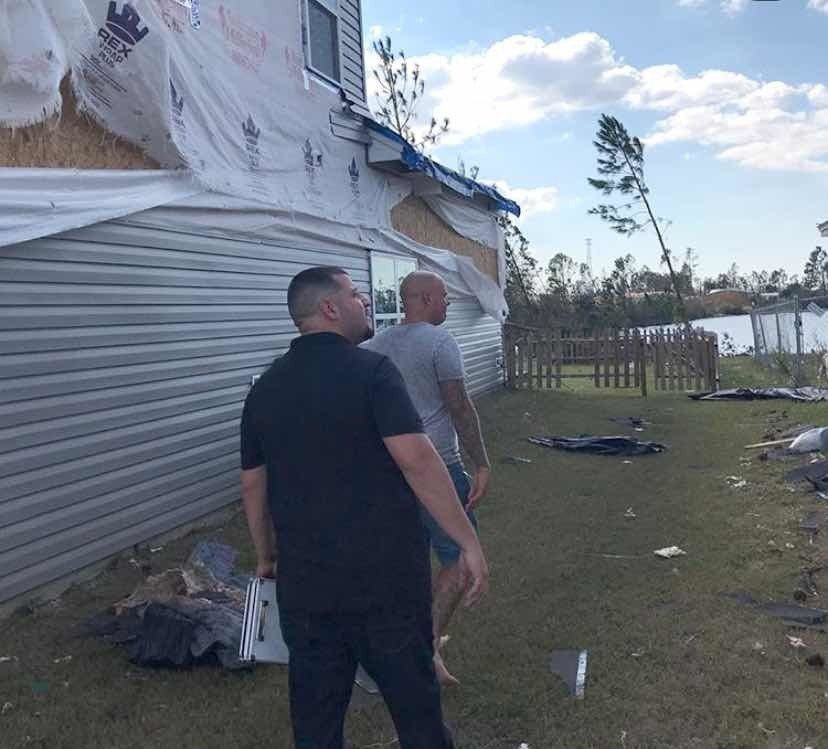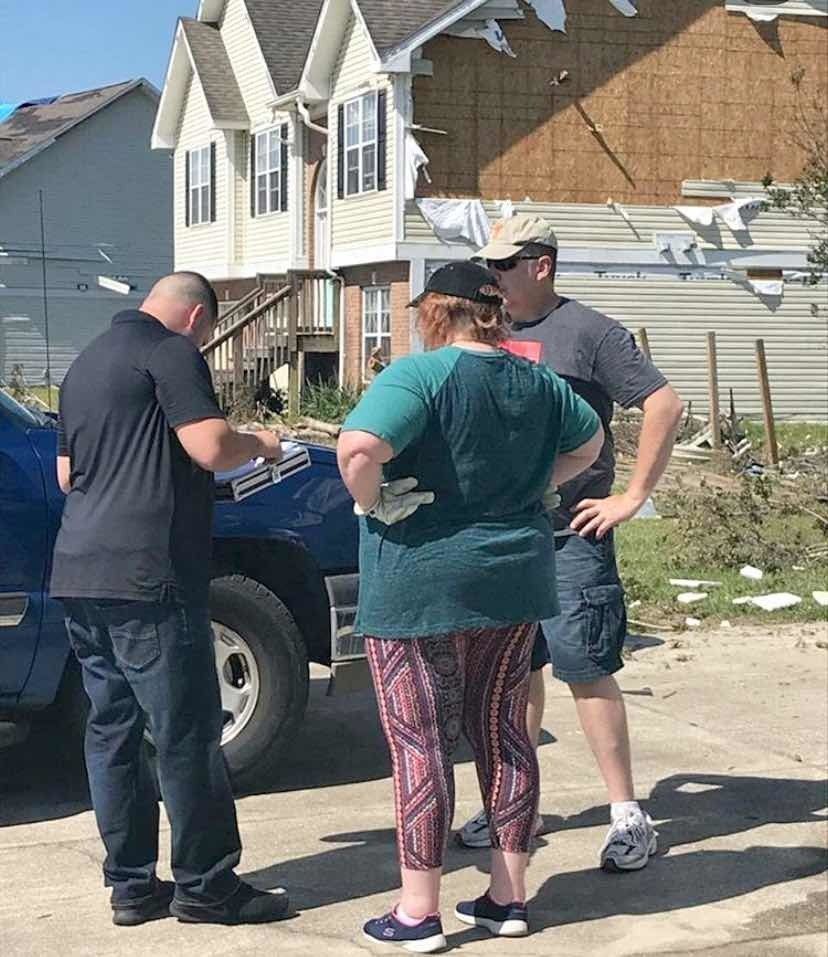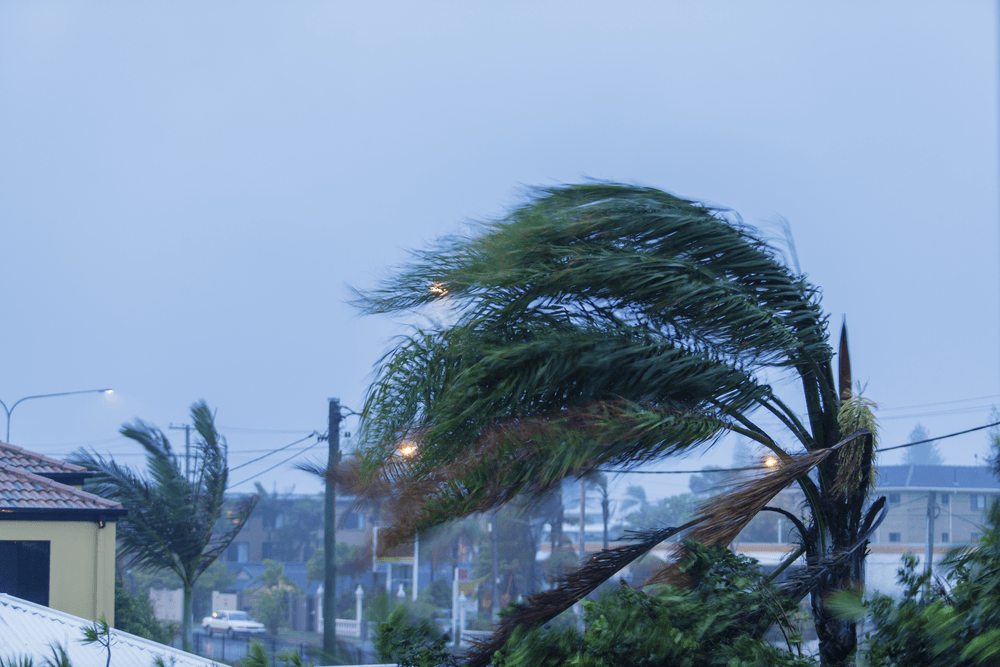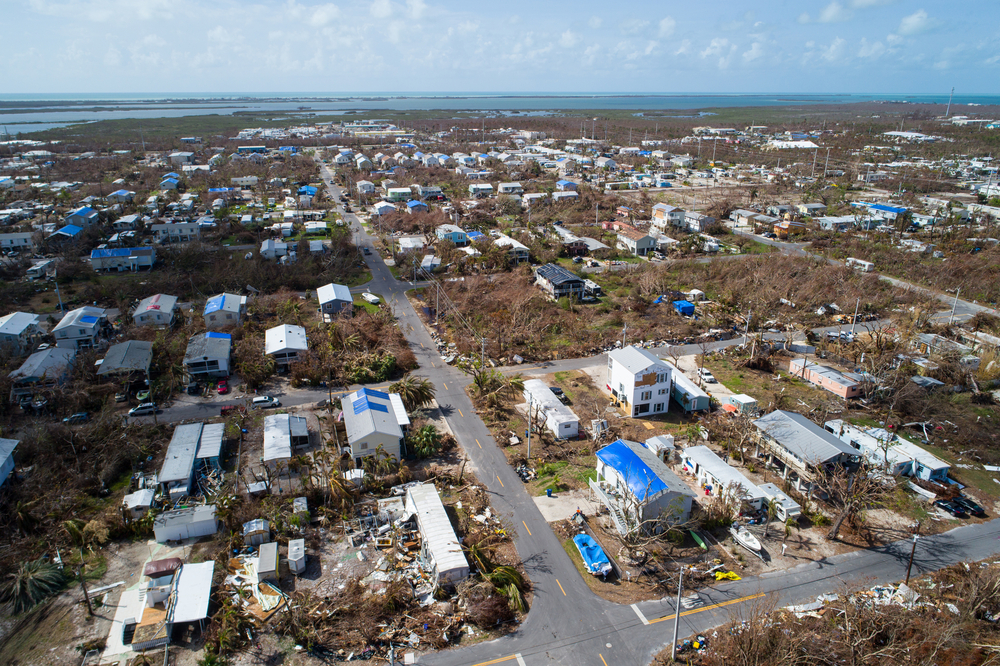The Atlantic hurricane season that officially starts June 1st through November 30th brings with it the very real threat of insured property owners having to pay a significant amount of money to repair their hurricane damaged property, even though they purchased first-party property wind hurricane insurance. The reason is the hurricane percentage deductibles found in most, if not all, property insurance policies. These deductibles are a relatively recent change to Florida property insurance policies that came about as a result of Hurricane Andrew in 1992.
Hurricanes and the damage they cause are certainly not new, but due to Hurricane Andrew’s widespread destruction, Florida’s population growth and the building boom that followed, insurance companies were given a wake-up call that business as usual was not going to apply to property insurance in Florida. One step they quickly implemented in the Florida insurance underwriting market was the creation of the so called “hurricane deductible” also known as percentage wind deductibles.
What then are hurricane deductibles and how do they apply?
In Florida the application of these deductibles are controlled by Florida Statute 627.701(5) (a) that states:
The hurricane deductible of any personal lines residential property insurance policy issued or renewed on or after May 1, 2005 shall be applied as follows:
1. The hurricane deductible shall apply on an annual basis to all covered hurricane losses that occur during the calendar year from losses that are covered under one or more policies by the same insurer.
2. If there was a hurricane loss for a prior hurricane or hurricanes during the calendar year, the insurer may apply a deductible to a subsequent hurricane which is the greater of the remaining amount of the hurricane deductible or the amount of the deductible that applies to perils other than hurricanes. Insurers may require policyholders to report hurricane losses that are below the hurricane deductible or to maintain receipts or other records of such hurricane losses in order to apply such losses to subsequent hurricane claims.
While this statute can be read by the lay person, I think it is good to go over some of the details as to how it works. The public adjusters at Master Adjusters & Consultants feel the next big storm will be a major wake up call for property owners in regards to how these deductibles work just as Andrew was to the insurance underwriters.
So with this back drop, when does a hurricane percentage deductible apply verses the standard deductible that may be in a property policy for perils covered by insurance for damages such as wind, fire, water, etc? The Florida statute makes it clear that the trigger for applying these deductibles is the
National Hurricane Center. Any claim for wind damage that results from the time a hurricane watch or warning is issued for any part of Florida, up to 72 hours after a watch or warning ends and anytime hurricane conditions exist throughout the State will be subject to these deductibles.
The actual application of these deductibles is based on a percentage amount of the insured value in the property policy. For example: If the homeowner (this also applies to commercial policies if they have hurricane coverage with percentage deductibles) insures their home for $250,1-844-444-6278 and elects a 5% hurricane deductible, the deductible that will apply to the loss will be $12,500.00. This is the amount the homeowner will have to pay assuming there are no other exclusions or limitations such as exterior paint damage or other non-covered items or events in a loss that the insured will have to pay out-of-pocket before their insurance begins to pay for the loss. It should be clear that a wind loss from a wind storm not declared a hurricane by the National Hurricane Center may result in a standard deductible which in most cases would be a great deal less.
The published insurance literature states that all insurers (for personal lines-homeowners) must offer hurricane deductibles of $500.00, 2%, 5% and 10%. Obviously, the higher the percentage, the lower the premium cost for hurricane wind insurance. Of course the trade-off for paying lower premiums is that you expose yourself to a very high cash payout if a hurricane damages your property. Please make sure you can absorb that kind of payment. You should also check your policy to see what hurricane deductible percentage is stated in the policy. The rules that apply require your policy to have boldface type, no smaller than 18 points which state the following: “This Policy Contains a Separate Deductible for Hurricane Losses, Which May Result in High Out–Of–Pocket Expenses to You.” For personal lines residential property insurance policies the insurer must prominently display the actual dollar value of the hurricane deductible on the declaration page of the policy or on the renewal notice.
If you are insured by a non- standard “surplus lines” carrier, these rules may not apply as recent legislation exempted these companies from most of the standard insurance regulations. As this is a very important issue, it should be discussed with your agent/broker or legal counsel before a hurricane warning or watch is issued as you cannot take out a new policy during that time.
